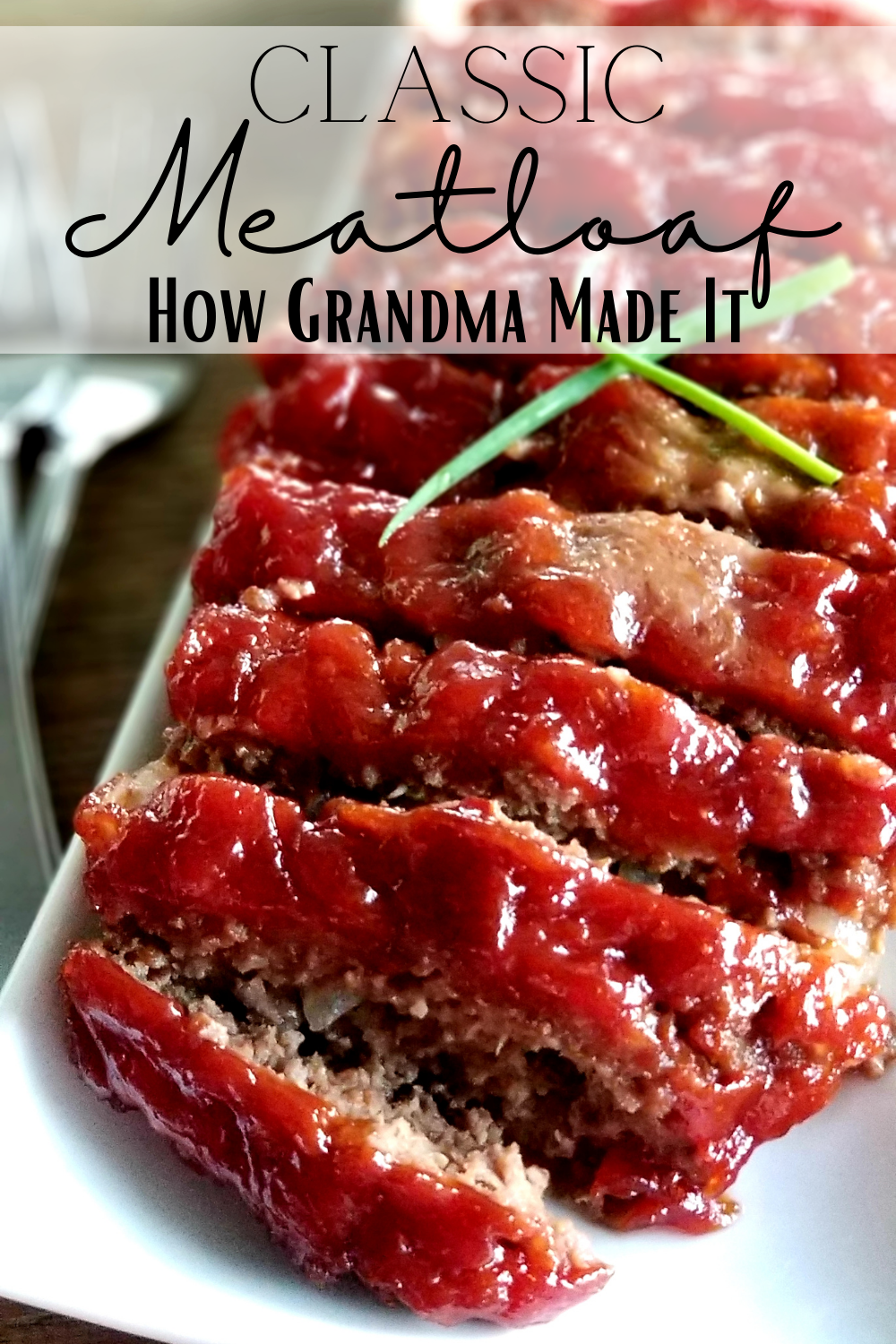Looking for a delicious and easy meal that’s perfectly golden with crispy seasoned skin? This Herb Roasted Chicken will be your new favorite way to roast chicken… Trust me! This post may contain affiliate links. Please read our disclosure policy here.

Tender and juicy chicken meat infused with the best seasoning flavors, this dish is the perfect centerpiece for a family dinner or a gathering with friends.
This recipe a crowd-pleaser, it’s also economical, versatile, and so delicious too! So treat yourself and your loved ones to Herb Roasted Whole Chicken… Once you make it this way, you’ll never go back!

Roasting Whole Chicken is Better!
Cooking a whole chicken has several advantages over using just the breasts or thighs.
- Budget Friendly: Buying a whole chicken is often less expensive than buying individual chicken parts, such as breasts or thighs.
- More flavor: Cooking a whole chicken allows the meat to cook with the bones, which adds more flavor and depth to the dish. The bones also help to keep the meat moist and tender.
- Versatility: Cooking a whole chicken allows you to use the meat in a variety of dishes. You can use the leftover meat for sandwiches, salads, soups, or casseroles.
How to Know Your Chicken is Done
Make sure your chicken is cooked to 165°F (74°C). in the thickest part of the breast and thigh so it’s safe to eat.
I use an instant read meat thermometer inserted into the thickest part of the chicken, breast and thigh, making sure not to touch the bone.
If you don’t have a meat thermometer, you can also check the doneness of your chicken by cutting into the meat near the thickest part of the chicken. The meat should be white, with no pink or red juices visible. The chicken should be tender and pull away easily from the bone.
Chicken needs to cook longer if: the meat is still pink or the juices are pink/red, if the chicken is tougher, or if meat doesn’t pull away easily from the bone.
Once your chicken has reached 165 degrees F, remove it from the oven, and let it rest for at least 10 minutes before carving. This allows the juices to redistribute, for moist and tender meat;) Don’t overcook your chicken… It’ll be dry and tougher.

Using Leftover Herb Roasted Chicken
Leftovers from Herb Roasted Whole Chicken can be used in so many ways, here are a few of my favorites:
- Chicken Salad! Chop up the leftover chicken meat and mix it with mayonnaise, celery, and any other desired ingredients for a delicious and easy chicken salad.
- Use the leftover chicken bones and meat to make a creamy chicken soup or stew. Simply simmer the bones in water with some vegetables and herbs for a few hours to make a rich broth. Then, add in the leftover chicken meat and any desired vegetables or grains for a comforting meal.

- Use the leftover chicken meat in a casserole dish with vegetables, cheese, and pasta or rice for a comforting and easy meal.
- Use the leftover chicken meat in sandwiches with lettuce, tomato, and your favorite condiments.
- Use the leftover chicken bones to make a flavorful bone broth. Simply simmer the bones in water with vegetables and herbs for several hours to extract the flavor from the bones. Strain the broth and use it as a base for soups, stews, or other dishes.

Please let me know what YOU think!
If you try this recipe, please let me know what you think with a review on the recipe card or in the comments below… Thank YOU so much!

Oven Roasted Whole Chicken – Candlestick Chicken
Equipment
- 1 Instant Read Meat Thermometer
- 1 9×13 baking dish or large baking dish
- 1 tall glass candlestick optional for candlestick roasted chicken!
Ingredients
- 1 whole chicken about 4-5 pounds
- 2 tbsp olive oil optional
For the Seasoning Mix (Or use 3-4 tablespoons of your favorite premade seasoning.)
- 4 cloves garlic minced
- 2 tsp dried thyme
- 2 tsp dried rosemary
- 2 tsp dried oregano
- 1 tsp salt
- 1/2 tsp black pepper
- 1 cup chicken broth
- 1/4 cup chopped fresh parsley
Instructions
- Preheat your oven to 375°F
- In a small bowl, mix together olive oil, garlic, thyme, rosemary, oregano, salt, and black pepper. (Or use 3-4 tablespoons of your favorite seasoning blend.)
- Pat the whole chicken dry with a paper towel, and then rub the herb mixture all over the chicken, including under the skin and in the cavity.
- Place the chicken in a large roasting pan breast side up…. Or on a candlestick, with the candlestick inside the large cavity. (see video to watch me do this) inside a large baking dish.
- Pour the chicken broth into the bottom of the roasting pan. This prevents juices from burning on the bottom f the pan… And it's great for making chicken gravy from scratch!
- Bake the chicken in the preheated oven, just or until the chicken is cooked through to 165 degrees internal temperature in the thickest part of the breast and thigh, and the skin is golden and crispy! (about 2 hours, but check the internal temp after 1.5 hours) See notes below for carryover cooking.
- Let the chicken rest for 10-15 minutes before carving.
- Garnish with chopped parsley and enjoy. (optional)
Video
Notes
Nutrition

About Juliea
Juliea Huffaker is the creator of Farmhouse Harvest, and dedicated to teaching from-scratch cooking, sourdough baking, gardening, and food preservation. With over 25 years of hands-on experience she has preserved hundreds of jars of produce, mastered the art of meats and sourdough baking, and nurtured a thriving organic garden. Her recipes and articles have been featured across the web. And she’s passionate about inspiring others to embrace a simpler, self-sufficient life style.










2 comments
Robert Miller
If you cook a chicken to 165 the breast will be dry, chalky and flavorless. The dark meat will not have developed flavor yet. You need to cook the breast to 155-160 and the dark meat to 175 or above,. Folks who know how to cook a chicken do this all the time, as do I.
Juliea Huffaker
Hi Robert… I appreciate you sharing that feedback. It’s definitely a topic where different approaches and preferences come into play, and I understand why you feel so strongly about it.
You’re right that achieving that perfect balance of moist breast meat and flavorful, tender dark meat is the goal of most home cooks, myself included. The temperatures you mentioned – 155-160°F for the breast and 175°F or higher for the dark meat – are indeed often discussed in culinary circles as a way to achieve that ideal texture in different parts of the chicken.
My recommendation of 165°F for the breast is rooted in the current USDA guidelines for food safety. These guidelines are in place to ensure that any potentially harmful bacteria are eliminated, which is always my top priority when sharing cooking advice. And, as an experienced mom of little kids, food safety is super important to me.
I also recognize that many experienced cooks skillfully navigate these temperatures to optimize both safety and quality. Techniques like brining, marinating, resting, and precise temperature monitoring with a reliable thermometer can certainly contribute to a juicy outcome even when cooking to the recommended minimum. The carry-over cooking you mentioned CAN bring the breast meat to a safe final temperature after it’s removed from the oven, but this recipe turns out juicy delicious chicken that my family loves when cooked to 165.